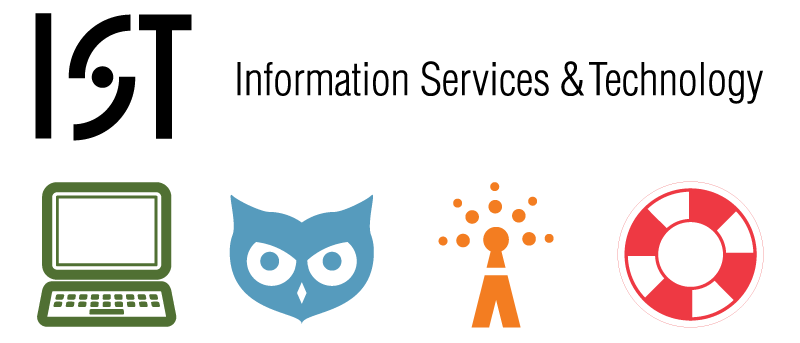
The Langer Lab is looking for a document management system and a knowledge management system for their lab
Problem
1. Document Management
They have a large number of researchers (130 staff + 30 urops) who have large data sets and images as part of their research. This information is often stored on their laptops and TSM is not always used to back up data. Backups currently exist on thumbdrives or on DVDs.
The data gathered sometimes has IP considerations and cannot be freely shared amongst researchers in the lab.
Robert Langer would like access to the data and images when he is writing proposals and papers. Currently email is used to gather the information.
Proposals often are co-written with other professors at MIT and outside of MIT. Currently no suitable solution for co-writing proposals that includes version control and ability to attach large documents has been found.
Suggestions for DM include Xythos,Basecamp
2. Knowledge Management
As researchers perform experiments a large amount of knowledge regarding use of equipment and other subtle aspects of the lab is not documented anywhere.
Thus when researchers leave a large piece of knowledge leaves with them. As suitable solution for capturing and documenting the knowledge to allow for easy reference later has not yet been found.
Suggestions for KM has included BioKM
Questions
1. Are their other labs facing similar problems?
2. Can we recommend any suitable solutions?
2 Comments
Oliver Thomas
From a features perspective probably the best match; allows for all necessary access restrictions, outside accounts and participants, and creation of arbitrary structure to support document storage and knowledge management; possible showstopper limitation is a central per-file size limit of 50MB; this limit can not be adjuster on a per-customer basis
Allows upload, access control of data files and images, as well as setting access controls; interface is flash based and difficult to use; strong image focus; unclear what the file size limit is
Familiar interface and supports larger attachment sizes (250MB); allows access for non-MIT users via Touchstone; will need to work within the course/class structure presented by Stellar
Large files are possible; access controls are more difficult to manage, and non-MIT access controls especially (may require issuing guest accounts); limited to HTML flat-file functionality; rudimentary document upload/download capabilities; no versioning, etc.
DLC always has the option to run their own solution, and only have the server hosting managed centrally at the normal co-lo rates; high local administrative overhead and requires someone in DLC with IT administration skills
A few thoughts about the others listed:
For any of these commercial off-site solutions the DLC should probably work with the OGC if serious about pursuing; custom contracts will probably be necessary for MIT to feel comfortable about hosting research and student data with a third party.
Ranjani Saigal
Thanks Oliver for your very thoughtful reply. What about ideas on Knowledge Management? They wanted to know if a "Hermes" like model could be implemented for their lab.